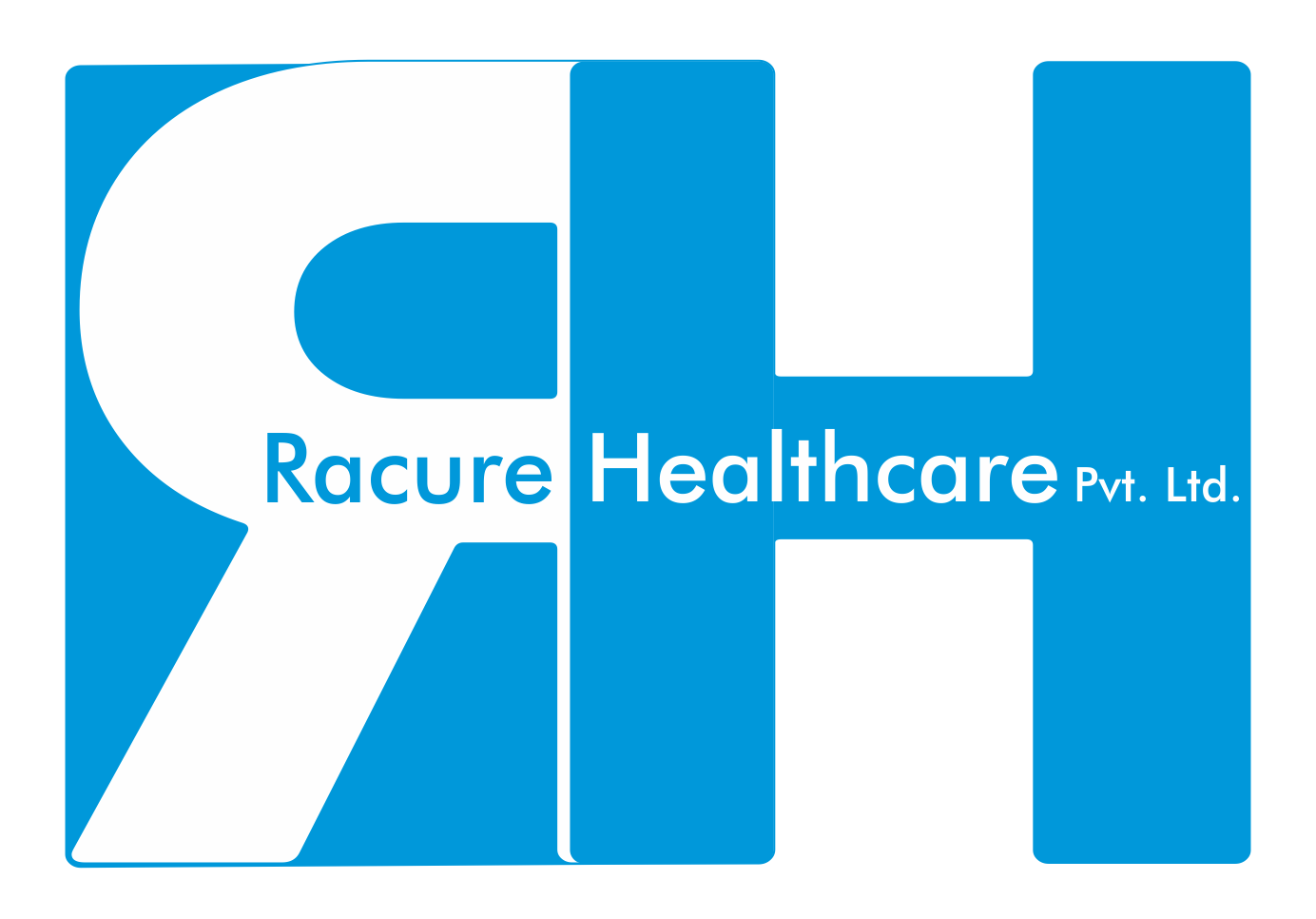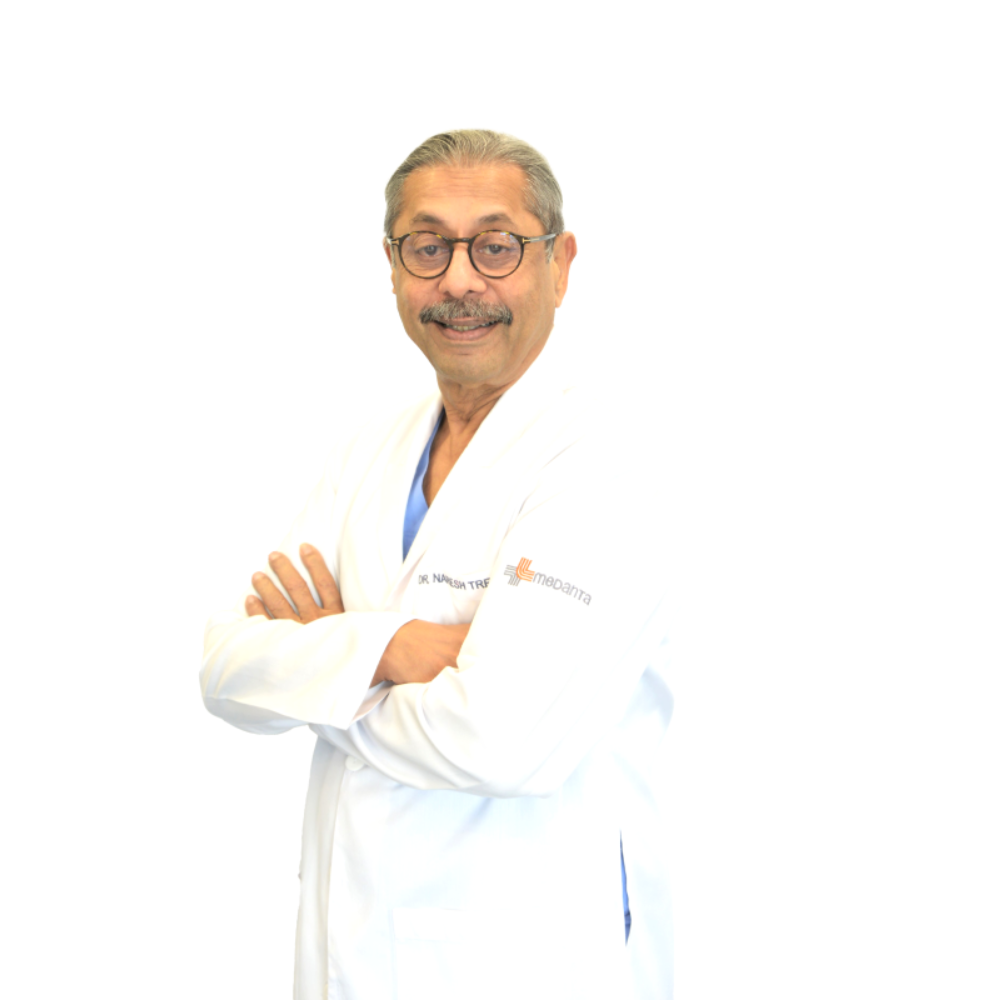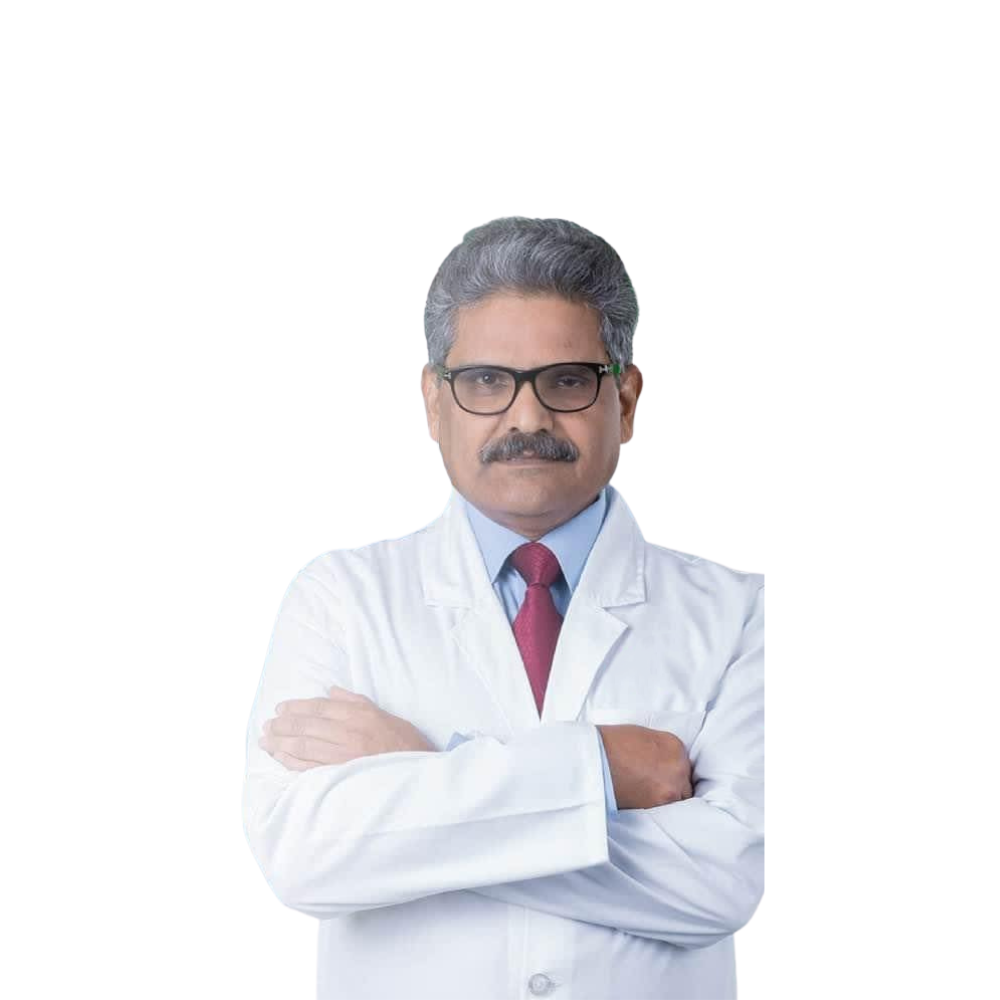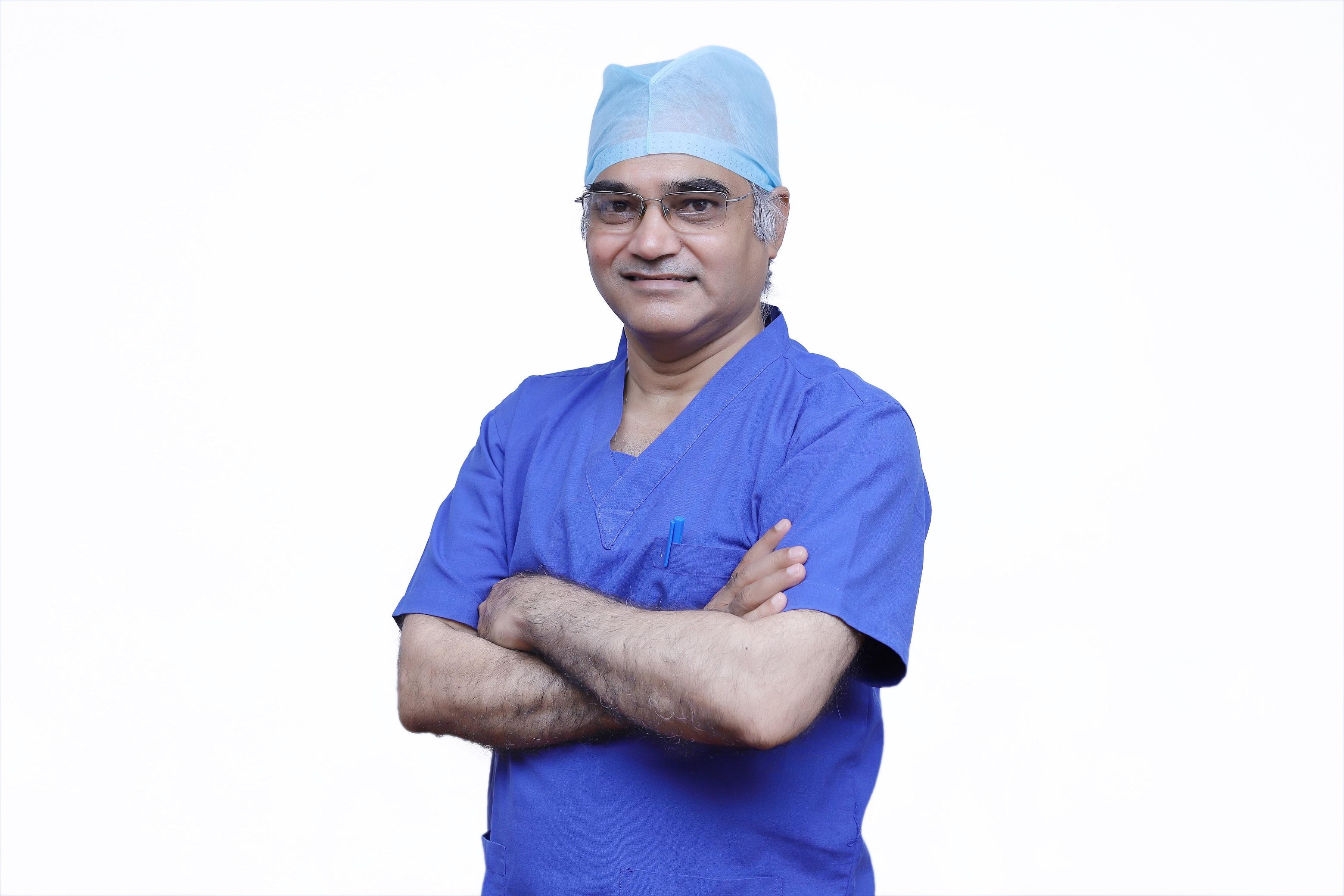Aortic Valve Replacement: What Is It?
AVR addresses a defective valve located at the aorta origin. This is the largest artery of the body. The procedure improves heart function by restoring blood flow. An artificial valve replaces the impaired one. Different replacement valves exist, each offering distinct pros and cons; thus, review options carefully with your doctor before making a choice. Post-surgery recovery includes adjusting to the new valve over time. Regular check-ups are crucial for monitoring progress during this period of adaptation. With consistent medical support and advice from your healthcare provider, you can manage recovery effectively.
Why is AVR necessary?
AVR is necessary when your aortic valve isn't functioning properly. Several reasons can cause this issue.
- Aortic stenosis kicks in when the valve just can't stay open. Blood has a tough time getting through this narrow passage. This struggle builds up high pressure in your heart's left ventricle. Eventually, this pressure may lead to heart failure.
- Aortic regurgitation happens when the valve decides to leak. Blood then flows back into your heart’s left ventricle. This backflow can seriously reduce the blood reaching your body.
- Some people face congenital defects from birth. Their valves may not shape correctly, impacting how well they function. Such defects often push for a necessary replacement.
- Moreover, age-related damage plays a significant role as it wears down valves over time. This damage possibly leads to stenosis or regurgitation, making regular check-ups very important for early detection and management.
Importance of AVR
AVR is vital to maintaining normal blood circulation in the body by replacing faulty valves with artificial ones that improve heart function. It helps prevent heart failure efficiently through enhanced cardiac performance.
AVR Procedures: Types
When it comes to AVR, you have 3 main options on the table. Each option uniquely addresses the problem.
Open-Heart Surgery
Open-heart surgery is the classic method for AVR. It needs a big cut in your chest. This method is effective but has longer recovery and higher risks compared to newer methods.
Transcatheter Aortic Valve Replacement
Transcatheter Aortic Valve Replacement brings revolution in heart surgery. This technique is less invasive and updates how doctors handle aortic valve disease. You get a new valve with no major surgery involved. The catheter sneaks into the valve through a tiny cut in your groin or chest. The new valve fits snugly over the old one. TAVR works well for older patients or those with medical issues. Open-heart surgery often carries higher risks, and some find that daunting. Recovery times are usually shorter, meaning you can go home relatively fast. Lower risks often make TAVR a popular choice among patients.
Minimally Invasive AVR
Minimally invasive AVR stands as the middle ground. It is less invasive than open-heart surgery but more complex than TAVR. Surgeons make smaller chest cuts. This approach often simplifies the procedure for you. If TAVR isn't an option, this might be suitable instead.
Types of Valves Used
The valve type you choose for AVR can significantly impact your long-term outcomes. Two main kinds dominate the scene.
Mechanical valves
Mechanical valves come from metal and plastic. These valves can stick around for many years. Just remember, you’ll need blood-thinning medicines forever. This helps avoid those pesky blood clots.
Biological valves
Biological valves come from animal or human tissue. They’re a bit easier to deal with. You won’t need blood-thinning medicines, which is a plus. People often find that part appealing. However, here’s the catch: they might need replacement after a few years.
Your choice depends heavily on various factors. Think about your age and overall health before making any decisions. Your lifestyle also plays a role. Personal preferences matter too; don’t just pick any valve. This choice isn’t just about the valve; it’s also about your future.
Pre-Surgery Evaluation
Before you get that aortic valve replacement (AVR), a detailed evaluation comes first. This process checks your overall health and finds the best surgical approach.
Echocardiogram
Prepare for an echocardiogram, which is an ultrasound of your heart. This test shows pictures of your heart, giving great details. You can check out the heart’s chambers, valves, and blood flow.
CT scans
Next up, CT scans give you detailed images of your heart and lungs. They also show nearby structures. Suddenly, all that anatomy becomes a bit less of a mystery. You get a clearer picture of what’s going on inside.
Chest X-Ray
It shows an image of your heart and lungs. You can check the size and shape easily. This helps doctors understand what's going on inside. Think of it as a peek under the hood.
Blood Tests
Blood tests follow, assessing your general health and checking your blood clotting ability. They’ll also evaluate your kidney function.
Besides these tests, discussing your medical history with the surgical team is essential. Talk about your current medications and any concerns you have. This information is key, as it helps the team decide on the best valve and surgical method for you. All this ensures they know exactly what they’re dealing with.
Recovery and Post-Surgery Care
Initial Recovery
After your aortic valve replacement (AVR), you'll probably hang out in the ICU for a few days. This time allows for close monitoring of your condition. Managing pain becomes a priority during your stay. Chances are, you'll get medication to ease any discomfort. Gradually, you will start moving again.
Rehabilitation
Rehabilitation plays a crucial role in your recovery after AVR—physical therapy steps in to help you build strength and boost heart function.
Follow-Up Care
Follow-up care is a must after your surgery. Regular appointments with your cardiologist check heart function and valve performance. These visits can also include echocardiograms and blood tests to keep things on track.
Expected Recovery Time and Long-Term Prognosis
Expected recovery time varies from person to person. Most patients usually need around 6 to 12 weeks to resume regular activities. Get the right care and follow-up, and you might be just fine. Most patients enjoy a long-term outlook. Remember, recovery is different for every person. Following your healthcare provider’s advice is crucial for a smooth recovery.
How Racure Healthcare Aims to Improve the Medical Tourism Experience of Aortic Valve Replacement (AVR)?
Medical tourism is growing rapidly as patients seek aortic valve replacements (AVR). Lower costs attract many people alongside quality healthcare availability and qualified medical professionals' presence. Shorter wait times are just the cherry on top. Heading abroad for treatment, sure, comes with some logistical challenges. Figuring out another country's healthcare can be confusing. Racure Healthcare steps in to simplify the process. By offering various travel and support services, it aims to reduce your stress.
Comprehensive Support from Racure Healthcare
Visa Facilitation & Application Support
Dealing with the visa process tends to be stressful, especially for patients seeking quick medical care. Stress levels rise while you wait for approval, thinking about every possible delay. Racure steps in to provide priority visa assistance. They ensure that all required documents are checked and processed swiftly. Expert support from Racure also helps you fill out online applications with ease. This lowers the risk of delays or issues sneaking up on you.
Flight Booking Assistance
Racure helps simplify the travel process. They arrange flights for both patients and their companions, ensuring everything fits your schedule. This means less time worrying about logistics and more time focusing on health. Finding the best options for your journey is crucial. This service minimizes travel worries, letting you concentrate on recovery instead of flight details. Imagine flying off for surgery while someone else handles the nitty-gritty. It's like having a travel genie.
Complimentary Airport Transfers
To ensure a smooth journey, Racure offers free airport pick-up and drop-off services. You won’t have to worry about how to get places right when you land. Upon arrival, welcoming staff greet you and guide you to a comfortable vehicle. This makes your transition to accommodation or medical facilities seamless. Starting and ending your travel on a good note is essential. With Racure, you can relax, knowing they have your transportation covered.
Why do patients choose AVR through medical tourism?
Cost savings are a big reason to get AVR done abroad. You can save a lot of money compared to the U.S. and similar countries. Lower costs arise from reduced labour expenses, government support, and operational efficiencies. High-quality care doesn’t disappear just because the prices go down.
Access to advanced technology is another perk of medical tourism. Many locations invest in modern healthcare facilities, including robotic-assisted surgeries. The care you receive feels similar to what you find in top hospitals worldwide.
Experienced surgeons are available in countries like India, Thailand, Turkey, and Germany. These professionals hold international qualifications and have extensive experience with AVR procedures.
Shorter wait times can make all the difference for elective surgeries like AVR. Some countries experience long delays, which can be frustrating. With medical tourism, you can dodge those waiting lists and get treatment sooner. This reduces risks and improves your quality of life quite a bit.
Top AVR Medical Tourism Destinations
- India stands out for its affordable and high-quality healthcare. Top-notch heart centres host cardiologists trained internationally. You can access some of the best medical talent without breaking the bank.
- Thailand attracts many patients with modern medical facilities and competitive prices. This favourite destination offers AVR and other heart procedures that won’t empty your wallet.
- Turkey provides an appealing mix of affordability and skill. The country features highly trained surgeons willing to cater to international patients. You will find a welcoming environment that makes the medical experience smoother.
- Germany doesn’t come in as the cheapest option, but it delivers outstanding care. Advanced technology and experienced healthcare professionals make the difference. If you like top-tier service, this may be the place for you.
Racure Healthcare merges affordable medical care with excellent travel services. They ensure that your journey for AVR abroad includes both top treatment and smooth travel arrangements. Think of them as your all-in-one travel and health manager.
From helping with visas to booking flights, Racure handles every detail. Organizing airport transfers and local transport is just another part of their service. You can focus on what truly matters—your recovery and health.
Cost Comparison: Aortic Valve Replacement (AVR) and How Racure Healthcare Supports Your Journey?
Curious about aortic valve replacement costs? Prices for AVR differ a lot across countries. Countries like India, Thailand, and Turkey keep rates lower than the United States. Why’s that, you ask? Well, lower labour costs and government support play a big role. Plus, reduced operational expenses help too. These factors lead to cheaper healthcare abroad. Racure Healthcare makes things easy with clear pricing and full care services. They aim to simplify medical tourism for everyone.
AVR Cost Comparison Across Countries
- Here’s a look at costs for aortic valve replacement (AVR) in various countries. In India, you’ll find prices between $5,320 and $6,650. Hospital stays usually last around 5 to 7 days. Success rates hit impressive numbers, peaking at 94% to 97%.
- Considering a move to Thailand? Prices range from $6,000 to $8,000. Expect to be in the hospital for 5 to 7 days. Now, about success rates. They sit between 95% and 98%.
- Turkey offers AVR for $6,500 to $9,000 for the same stay duration. The success rate is even higher, sitting between 96% and 99%.
- Now, take a look at the USA, where costs can explode between $80,000 and $200,000. You also get to stay about 5 to 7 days in the hospital. Yet, success rates remain similar, ranging from 95% to 98%.
Why do AVR costs vary between countries?
- Lower labour costs help nations like India, Thailand, and Turkey offer affordable healthcare. Paying healthcare professionals lower wages significantly cuts treatment costs while maintaining quality.
- Government subsidies play another vital role in healthcare affordability. Certain countries provide financial support to hospitals, allowing them to lower prices effectively. This means you can receive high-quality care without the hefty price tag.
- Efficient healthcare infrastructure makes a big difference too. Systems with fewer administrative costs can transfer these savings directly to you. It’s like getting a discount just by choosing the right healthcare system.
Insurance coverage and financing options
In the United States, insurance can help with AVR costs. But still, get ready for some hefty out-of-pocket costs. Deductibles and co-pays are the reason. Nobody asked for this, but here comes the bill. Conversely, patients opting for AVR abroad discover all-inclusive packages. These packages often cover surgery, hospital stays, doctor fees, and accommodations. You’ll appreciate having clear pricing and the reassurance that comes with it.
Additionally, some countries offer medical loans or financing options. These help international patients manage the costs of their treatment.
How Does Racure Healthcare Enhance Your AVR Journey?
Racure Healthcare ensures a smooth experience for patients travelling abroad for AVR. They offer tailored support at each step of your journey.
Comprehensive Treatment Guidance
Comprehensive treatment guidance is key. Racure offers customized medical advice to help you pick the best procedure and destination. You have someone in your corner who understands your needs.
Consultation with In-House Medical Experts
Consultation with in-house medical experts adds another layer of trust. Skilled healthcare professionals give you solid advice that matters. They ensure you stay informed about everything. Knowing what’s going on helps you feel in control.
Pre-Travel Teleconsultation
Pre-travel teleconsultation allows you to prepare properly. You can book virtual meetings with specialists before you travel. Tailored treatment plans help align your expectations with reality.
Doctor & Hospital Selection
Doctor and hospital selection comes next. You gain access to a list of top doctors and hospitals that fit your health requirements. It’s like a tailored shopping list for your health needs.
Priority Scheduling
Priority scheduling helps reduce delays. Racure ensures quick appointments and pre-confirmed treatment plans. Efficiency is the name of the game when you’re trying to get treated quickly.
Post-Treatment Care
Post-treatment care is not forgotten. After your surgery, Racure follows up to support your recovery smoothly. They aim to help you get back to normal life without the hassle.
Patient Testimonials and Success Stories: How Racure Healthcare Makes Medical Tourism a Success?
For instance, medical tourism can drastically improve lives by offering cost-effective care options abroad. Sarah’s experience illustrates this perfectly. She’s a 65-year-old American who found Racure Healthcare transformative. Her journey underscores how easily Racure made her medical travel process manageable.
Sarah's Journey: A Successful AVR Experience in India
Sarah's journey highlights a successful AVR experience in India. After doctors said she had aortic stenosis, they pushed for open-heart surgery. The high costs in the U.S. made her stomach drop. She decided to explore medical tourism options after doing some research.
Reaching out to Racure Healthcare was her next step. This reliable medical tourism provider assisted her in arranging aortic valve replacement (AVR) in India. Thanks to Racure, she secured a surgery date within a few weeks, dodging the long delays she faced back home.
Upon arriving in India, a skilled medical team greeted her warmly. The surgery went off smoothly. Recovery happened faster than anyone expected. Just a few weeks later, she was back home feeling like a new person.
Benefits Sarah Experienced Through Medical Tourism
- The procedure in India costs much less than in the U.S.
- Sarah avoided long waiting times and received prompt treatment. Nobody enjoys sitting around, just twiddling their thumbs, waiting for surgery.
- She got treatment from top-notch experts at a well-known hospital. Advanced facilities made her feel secure during the entire process.
- Afterwards, Sarah noticed a definite boost in her health and energy levels.
How Racure Healthcare Ensured a Smooth Experience?
Racure Healthcare provided broad support during Sarah’s journey, ensuring smooth sailing.
Accommodation Assistance
They helped Sarah find and book hotels and apartments suited to her recovery needs.
On-Arrival SIM Card
This allowed her to stay connected with her family and medical team. Staying in touch can ease a lot of stress during a big transition.
Interpretation Services
Interpreters helped her navigate conversations during her stay. Nothing can be more confusing than trying to talk about your health in a different language.
Visa Extension Coordination
Racure assisted her in extending her visa for follow-up care, reducing her stress.
24/7 Dedicated Patient Support
She had a personal care executive available around the clock for any concerns. It’s nice to have someone there whenever worries pop up.
Currency Exchange Assistance
Racure helped her exchange currency, so she avoided any hassles. Financial worries shouldn’t overshadow medical care, after all.
A life-changing outcome
Thanks to medical tourism and Racure Healthcare, Sarah saved money and avoided long waiting times. She returned home feeling revitalized and highly recommends AVR surgery abroad to others. With Racure’s all-in-one support, Sarah could focus entirely on her health and recovery.
Related Doctor






